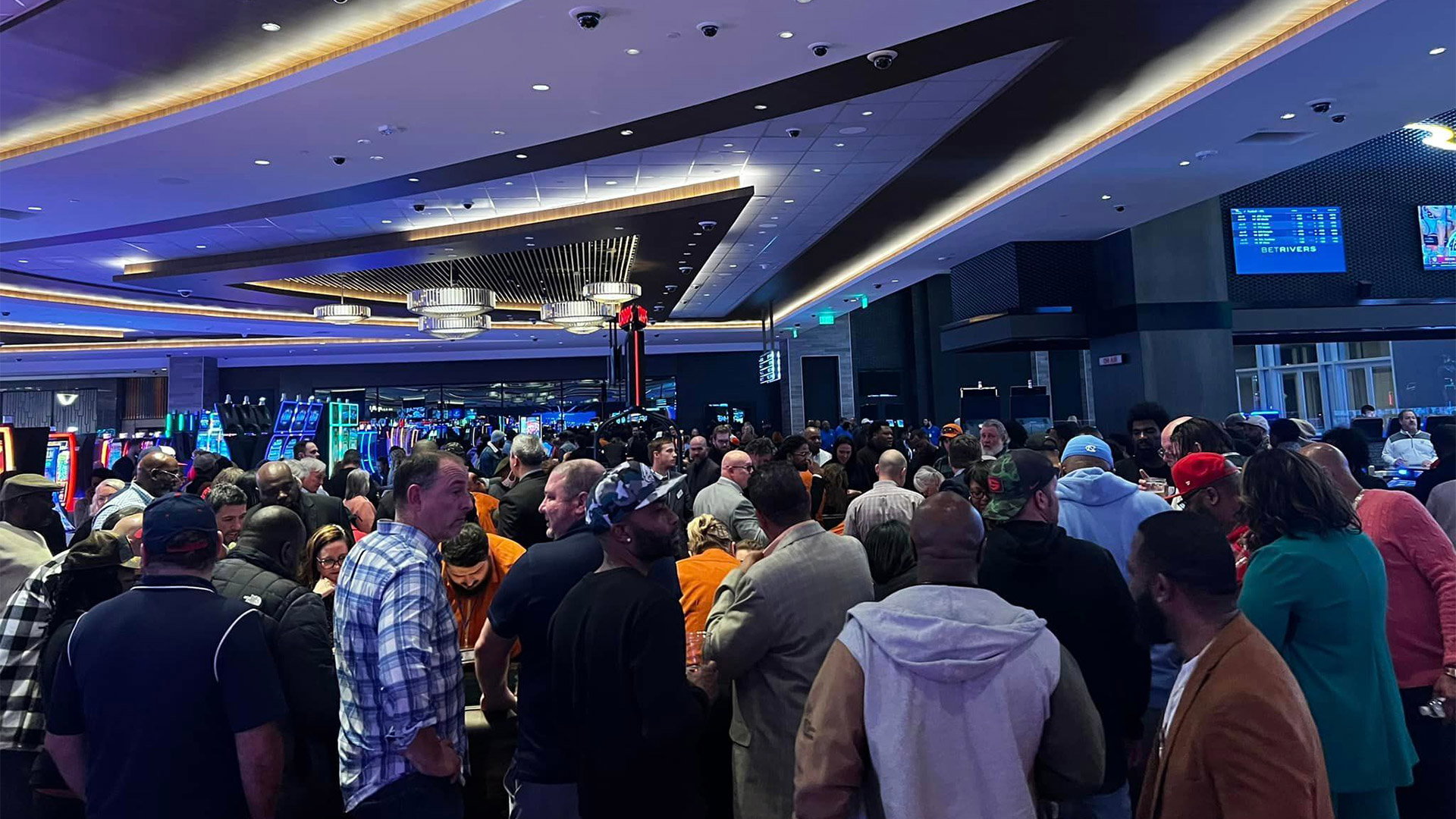
When we think of casino games, the first pictures that often cross our minds are those of spinning wheel wheels, poker chips clattering on fabric surfaces, and cubes flying across a betting area. While numerous view these activities as simple pastimes fueled by luck, a deeper exploration reveals a fascinating blend of tactics, skill, and community interaction that elevates them far beyond simple chance. Regardless of whether you are a seasoned player or a curious newcomer, understanding the nuances of these games can significantly enhance your experience and appreciation.
Casino activities have evolved over hundreds of years, with different cultures contributing to their rich histories and different forms. From the intricate tactics of 21 to the deception methods in card games, players engage in a battle of wits as much as a risk on numbers. This exciting interplay between chance and expertise creates a thrilling atmosphere that draws countless people to gambling establishments worldwide. As we delve into the realm of table activities, we will uncover the strategies that can tilt the odds in your favor and the community aspects that make these activities a popular choice for entertainment and engagement.
The Approach of Casino Games
Table gaming frequently involve a mix of ability and chance, which makes them fascinating for participants who like a challenge. Each title has its unique set of rules and tactics that can influence the results. For instance, in titles like blackjack, participants are obliged to use strategies like counting cards and grasping the odds to make smart decisions. đá gà trực tiếp thomo This skill set can significantly improve the winning potential, distinguishing experienced participants from beginners who may rely solely on chance.
Conversely, games such as roulette may appear to be purely based on luck, but strategic thinking can also come into play. Players can choose between various betting strategies, such as the Martingale system, where they increase the wagers after losses. This approach can establish a more controlled approach to the game. Understanding the odds of specific wagers can also assist players make better decisions on the table, showcasing that even in games of chance, tactics can enhance the experience.
Additionally, poker stands out as a title that heavily emphasizes tactics. In contrast to most gaming games, the game of poker combines skill, psychology, and luck. Participants must not only focus on the hands they are dealt but also take into account their opponents behavior and betting patterns. Mastering principles like table position, pot odds, and reading bluffs is crucial for success. This depth of tactics in the game of poker often creates to a more immersive experience for participants, where their choices and skills significantly affect the match’s results.
Grasping Probability and Ratios
In the world of casino activities, probability and odds have a critical role in deciding a gambler’s possible results. Every match has its own set of rules that define how the probability of winning or losing is measured. For example, in matches like blackjack, players have a chance to modify their odds through tactics, whereas in games like the wheel, the outcomes are purely dictated by luck. Understanding how these probabilities are measured can greatly impact how a gambler deals with the game.
Ratios are typically presented in two forms: ratio and numeric. Ratio odds show the ratio of the amount won to the sum bet, whereas decimal ratios show the overall return for a successful bet, which includes the stake. For example, if a game has odds of 5 to 1, this implies that for every one unit bet, a player could win five units if successful. Understanding how to read these odds enables players to evaluate their possible winnings and formulate more wise decisions during play.
Players should also be conscious of the casino advantage, which is the casino’s built-in benefit over the gamblers. Each match has a distinct advantage, and understanding this idea is essential for managing one’s expectations and funds. Games with a reduced advantage, such as blackjack and baccarat, typically offer superior odds for gamblers compared to activities like slot machines and lottery. By acknowledging the relationship between probability, ratios, and the casino advantage, players can enhance their gaming engagement and plan more efficiently.
The Exciting Aspect of Table Gaming
Table games at gaming establishments are often seen as a hub of community engagement, bringing participants together in a collective experience that extends far beyond the mere act of gambling. The atmosphere at a poker table can be electric, with players engaging not only with the game itself but also with each other. Joy, cheers, and, occasionally, playful teasing create connections that improve the overall enjoyment of the gaming experience. This communal aspect can turn a solitary endeavor into a dynamic social event, making casino games particularly appealing.
One of the intriguing elements of table gaming is the way it fosters camaraderie among participants. Whether it’s collaborating to defeat the dealer at a dice table or sharing stories between hands in a card game, the environment encourages interaction. Participants often share advice or tactics, creating a sense of community that enhances the fun. This interpersonal atmosphere can make new gamblers feel included and less daunted by the competitive nature of gaming. As the game continues, friendships may form, leading to a sense of belonging that keeps players coming back to the table.
Moreover, the social aspect of table gaming extends beyond just the players. Dealers play a crucial role in encouraging interaction and maintaining the flow of the game. Their ability to engage gamblers with friendly conversation and their expertise in managing the table can create an inviting atmosphere. This relationship between participants and staff adds another layer of enjoyment, where gamblers feel connected not only to one another but also to the staff. Such interactions are often what make the experience memorable, as participants leave with tales to tell and connections made, reinforcing the notion that table games are truly about more than just chance.
